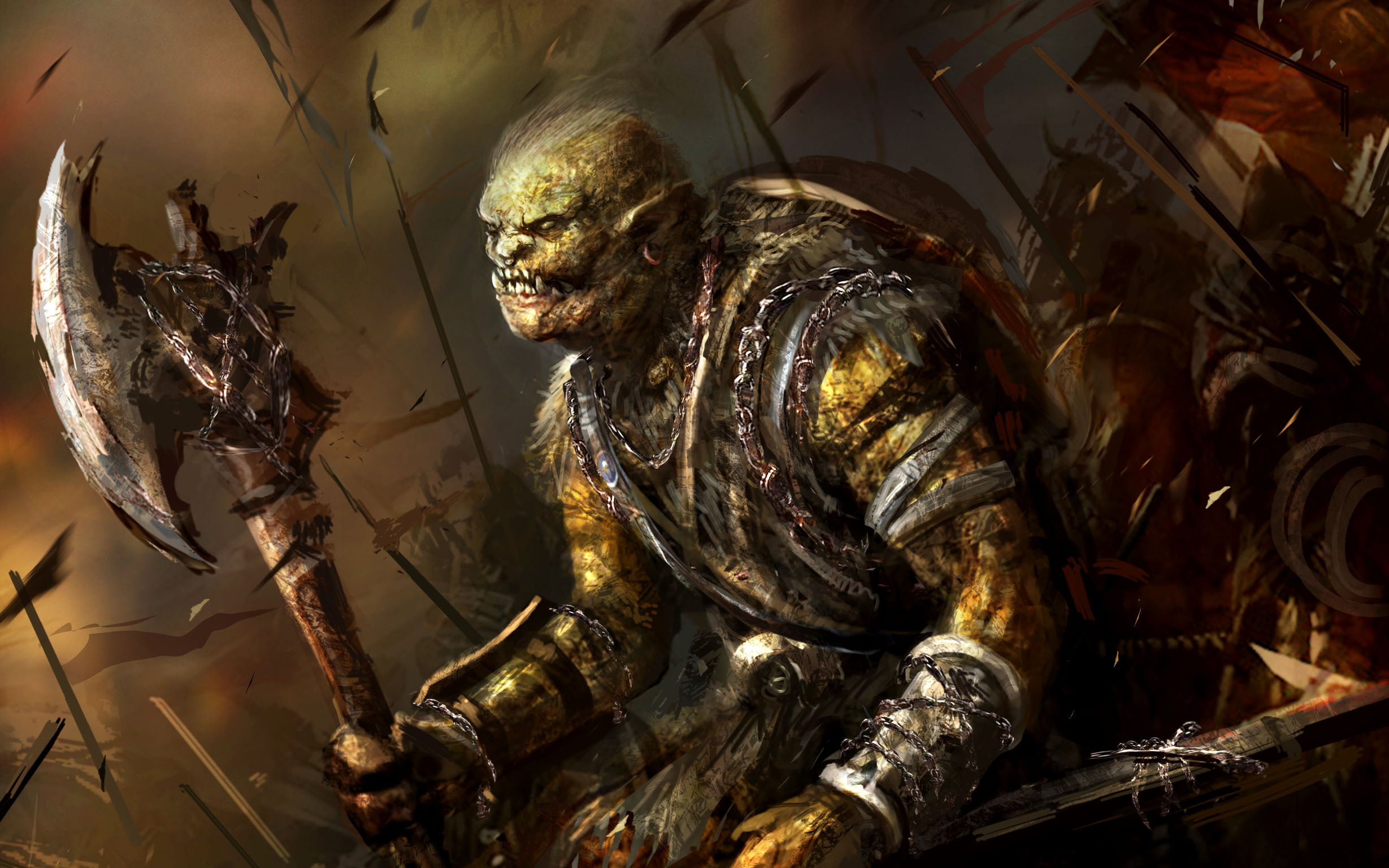The realm of Middle-earth is a captivating tapestry woven with tales of heroism, friendship, and the eternal battle between light and darkness. Amongst the myriad of beings that inhabit this legendary world, none are as intriguing and multifaceted as the Orcs. Often portrayed as mere foot soldiers in the grand narrative, these creatures possess a rich history and an array of characteristics that challenge our understanding of them. In this exploration of "Lord of the Rings Orcs," we will delve into their origins, culture, and the pivotal role they play in the saga.
From their origins in the dark forges of Morgoth to their fierce loyalty to Sauron, Orcs are often depicted as the brute force of evil in Tolkien's epic. Yet, beneath the surface lies a complex web of social structure, motivations, and interactions that have shaped their existence. This article seeks to unravel the enigma of Orcs, shedding light on their significance in the overarching narrative of the Lord of the Rings, while also challenging the perception of them as mere villains.
As we embark on this journey through the shadows of Middle-earth, we will address key questions surrounding the Lord of the Rings Orcs, exploring their origins, culture, and the impact they have on the story. Join us as we navigate the dark alleys of Mordor and beyond, revealing the hidden depths of these misunderstood creatures.
What Are the Origins of Lord of the Rings Orcs?
The origins of Orcs in Tolkien's mythology can be traced back to the dark times of the First Age. Created by the dark lord Morgoth, they were twisted versions of Elves, reflecting his desire to corrupt and dominate. This transformation into Orcs involved a process of degradation, both physically and spiritually, marking the beginning of their existence as a race.
How Did the Orcs Evolve Over Time?
Throughout the ages, Orcs have evolved significantly, adapting to the changing landscape of Middle-earth. From their early days as servants of Morgoth to their role as fierce warriors under Sauron, their evolution is marked by internal strife and the constant struggle for power.
- First Age: Servants of Morgoth
- Second Age: Warriors of Sauron
- Third Age: The Scourge of Middle-earth
What Is the Social Structure of Lord of the Rings Orcs?
Despite their brutish nature, Orcs have a complex social structure. They are typically organized into tribes or clans, led by powerful chieftains or warlords. This hierarchy is often marked by brutality, with strength and cunning determining one’s place within the group.
How Do Lord of the Rings Orcs Fit into the Larger Narrative?
Orcs play a pivotal role in the Lord of the Rings saga, serving as the primary antagonists in the battle for Middle-earth. Their presence not only adds to the sense of danger but also highlights the moral complexities of the struggle between good and evil.
What Are the Motivations Behind Their Actions?
While Orcs are often depicted as mindless minions, their actions are driven by a range of motivations. Fear, survival, and a desire for power are significant factors that influence their behavior. Understanding these motivations allows us to see them not just as villains but as products of their environment.
How Do Lord of the Rings Orcs Compare to Other Races?
When compared to other races in Middle-earth, such as Elves and Men, Orcs stand out due to their unique qualities. Unlike Elves, who are often portrayed as noble and wise, or Men, who embody a mix of virtues and flaws, Orcs are depicted as a reflection of corruption and despair.
What Are the Different Types of Orcs in Lord of the Rings?
The world of Orcs is diverse, with various types serving different roles in the grand scheme of Sauron's plans. Some of the notable types include:
- Uruk-hai: A stronger breed of Orcs, created by Saruman, known for their resilience and tactical skills.
- Goblins: Smaller and more cunning, Goblins often play the role of scouts and ambushers.
- Black Orcs: The elite warriors of Sauron, feared for their ruthlessness and battle prowess.
How Do Lord of the Rings Orcs Impact the Themes of the Story?
The presence of Orcs in the narrative amplifies the themes of corruption, the struggle for power, and the consequences of evil. Their existence serves as a constant reminder of the dark forces that threaten to engulf Middle-earth, making the quest for the One Ring all the more urgent.
What Can We Learn from the Lord of the Rings Orcs?
In examining the Lord of the Rings Orcs, we uncover valuable lessons about the nature of evil and redemption. While they may appear as mere villains, their story prompts us to reflect on the broader implications of choice, corruption, and the potential for change, even in the darkest of beings.
In conclusion, the Lord of the Rings Orcs are far more than simple antagonists. Their rich history, social structure, and motivations add depth to the narrative, inviting us to explore the complexities of morality and the impact of darkness on the world. As we continue to delve into the lore of Middle-earth, the Orcs remain a vital piece of the puzzle, reminding us that even in shadows, there is a story waiting to be told.



